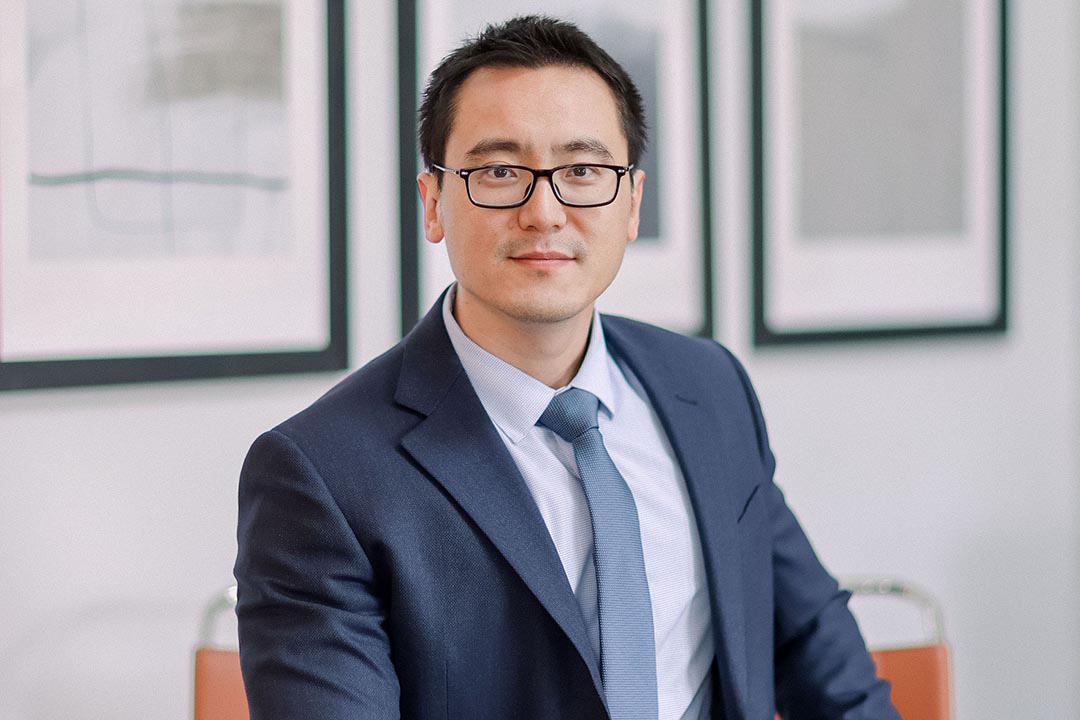
Asian Heritage Month: Law grad hopes to bridge legal language gap for Chinese community
Lu Wang was approaching 40 years old when he decided to pursue a career in law at the University of Saskatchewan (USask). Now, as a law school graduate, Wang is hoping he can help his Mandarin-speaking community feel more confident with legal language.
By VICTORIA DINHIt was 2018 when Wang, a first-generation Chinese immigrant living and working in Edmonton, decided to attend a law school recruitment event in the city. That’s when he came across a booth for the USask College of Law.
“Before that, I'd never been to Saskatchewan. I didn’t even know how to spell the word Saskatchewan,” Wang laughed, saying it was the school’s recognition of diversification and acceptance of different communities that attracted him to the program.
He applied and was accepted, beginning classes during the peak of the COVID-19 pandemic.
“The program started in 2020 but I didn't come to Saskatoon until 2021. My first year was completely online due to COVID-19 and that was a hard time for everyone and not just me.”
During his years as a law student, Wang also volunteered as the sole USask student committee member of the Federation of Asian Canadian Lawyers (FACL), a non-profit organization that provides opportunities for Asian Canadian lawyers to build connections with members across the country.
Wang was in his twenties when he arrived in Canada as a university student. He recounted how difficult it was as a new immigrant studying in a foreign country.
“I was timid,” Wang said. “I remember some of the university buildings had ‘no smoking’ signs outside which made perfect sense to me: it meant not allowed to smoke.”
One building, he remembered, had a different sign which read, ‘smoke free.’
“I thought it was a special building where people could smoke freely inside,” he said, explaining that these small misunderstandings led to a larger feeling of apprehensiveness.
“Every time I said something that people couldn’t understand, I thought it was my fault. Every time people said something that I didn't understand, I thought it was my fault. I didn't even know that I didn't understand certain things, so I didn't even know what to ask,” said Wang. “That was my biggest challenge in my early years.”
He said although he can look back and laugh at those moments now, this timid feeling around language is something that many new immigrants or non-native English speakers still deal with.
This year, Wang will be graduating, walking across the convocation stage in June to collect his Juris Doctor (JD) degree. He said he’s hoping his new law background can help ease language difficulties for his primarily Mandarin-speaking friends and family living in Canada from ever feeling timid asking questions when it comes to legal language.
“I think that’s quite something. I feel like I am bridging the [language] gap to help people.”
